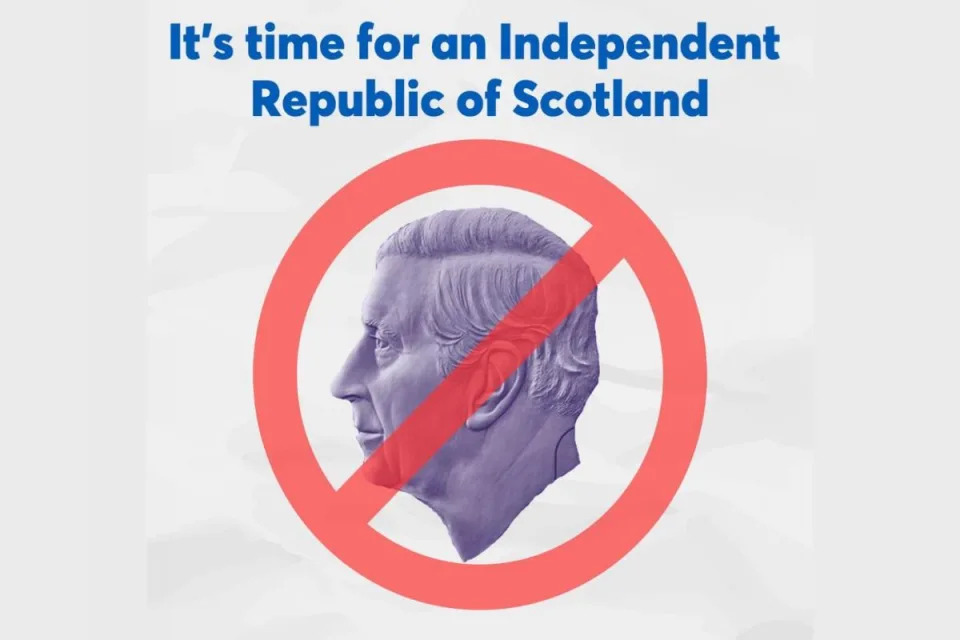Egil Droge, Researcher of Conservation, University of Oxford
Fri, 25 August 2023

Exploring the British countryside? Unlikely, says big cat expert. Karel Bartik/Shutterstock
Rumours that there are big cats in Britain stubbornly keep cropping up. The thought of a large predator lurking in the rural landscapes of Britain is an exciting one.
The most recent widely published claim of a big black cat in the UK does actually show a photo of a big cat species, which can be identified by the small ears relative to the size of the head. But this image turns out to have been photoshopped. The original image can be found on Getty Images, using the search term “big black cat sitting in grass”.
Dragonfly Films, the documentary makers who unearthed the photo, did not respond to a request for comment.
Often the story goes that big cats, once held in captivity, were set free to roam the British countryside when it became illegal for people to keep them as pets in 1976.
But the scientific evidence flies in the face of these tales.
First, it didn’t become illegal to keep big cats as pets. It just became a lot harder to keep them legally. In 2022 a survey of local council data found nearly 2,500 dangerous wild animals are kept by private collectors in England, including a cheetah, mountain lion and snow leopard living in Cornwall. You need to get an annual licence from your local authority, the premises have to be inspected and you must get third party liability insurance.
I’ve always been sceptical about these claims that big cats live in the British countryside.
Large cats leave their traces
I’ve worked with large carnivores in Africa since 2007 and it’s obvious if big cats are around. You would regularly come across prints of their paws along roads. The rasping sound of a leopard’s roar can be heard from several kilometres. Livestock, mostly cattle, goats and sheep, would be attacked. Often leopards kill more than one animal in an attack. In Africa, where there are scavengers such as vultures and hyenas who move quickly, leftovers are quickly cleaned up, but you can still regularly find some remains of kills.
Wild prey, such as our large deer populations, wouldn’t completely protect livestock from big cats. There are many studies and reports of livestock being killed by large cats in areas where there also is a lot of wild prey.
Technology is also making it easier for biologists to detect wild animals.
Jaguars, leopards, tigers, snow leopards, both species of clouded leopards, and even lions are now routinely studied with camera traps. A camera trap is automatically triggered by movement within its view, like that from an animal or a human being. These camera traps can reveal information about big cats’ presence, absence, habitat use and preference, activity patterns and even diet.
DNA advancements have made it easier than ever to reveal which species is in an area. A saliva swab from a kill, hairs found on or near a carcass and faeces can show which species, and often which individual animal, left it. Environmental DNA, which is collected from water, soil or even the air, can also be used these days. For example, DNA found in soil in tracks made by animals can confirm the species that left the prints.
Cats often mark their territory using faeces, so they put it in places where they think other animals will notice it, which also makes it easier to find for researchers.
When I was studying wildcats in Zambia, my team often saw female cheetahs and their cubs but rarely encountered males.
With trained detection dogs we surveyed the area and collected faeces the dogs indicated was from cheetahs. DNA analysis revealed the scats came from seven male, and 12 female cheetahs. Without the DNA analysis we wouldn’t have realised so many males were in the area. The DNA analysis also detected more females than we had seen in previous years. In Germany, The Netherlands and Belgium DNA samples taken from faeces, and carcasses of livestock, are routinely taken to see if wolves were responsible for attacks.
However, proof like this can be falsified. You can take photos of a toy. DNA samples like hair can be planted.
The big giveaway
Let’s assume there are big cats roaming free in UK. Large cats like leopards and jaguars have home ranges of several dozen to several hundred square kilometres. There is no reason to believe they would have smaller ranges here. In the UK, there are no uninhabited areas of this size. They would encounter roads, they would cross paths where their paw prints would be noticed by walkers.
If there truly was a big cat on the prowl, the tell-tale sign would be repeated attacks on sheep. As anyone who ever kept a cat would know, cats chase things which move away from them. Big cats are no different and if sheep run away when seeing a big cat, they would chase them, and grab them.
There is no native population of big cats living in the UK. So any such big cats would have been born in captivity and with no hunting experience. Sheep in confined fields would be an irresistible target. Farmers would be quick to sound the alarm, and rightly so.
In July 2023, German authorities launched a full-scale sweep of Berlin and the surrounding woods after a video snippet of a lioness circulated online. No zoos reported a missing animal, yet the report was taken seriously. Shortly afterwards, authorities gave the all-clear. Similarly, in the UK, authorities responded quickly when a young lynx escaped a Welsh zoo in 2017 and killed it upon recapture.
There are sometimes vague photos or videos of big cats, but never clear photos or videos – or clear photos of paw prints, which would be easy to obtain because prints don’t move. But it’s the absence of attacks on sheep in such cases that is remarkable, and a tell-tale sign there isn’t a big cat out there roaming the UK countryside.
This article is republished from The Conversation under a Creative Commons license. Read the original article.

Egil Droge works at the Wildlife Conservation Research Unit, a research group within the Department of Biology at the University of Oxford.















